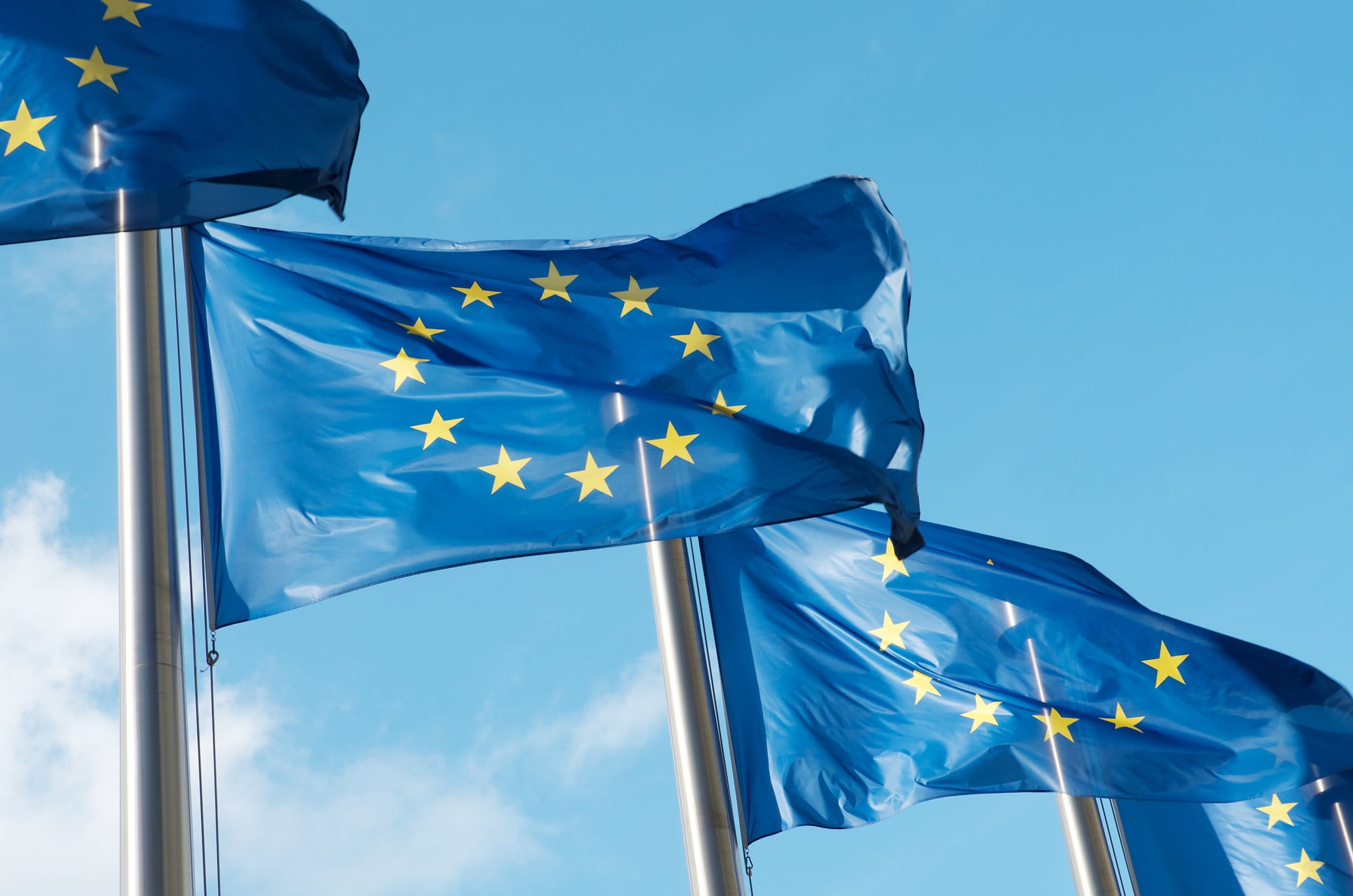The announcement of the European Commission came as a shock after it was revealed at a press conference.
The European Commission refused to offer a reason for the shift in direction, with Stefan de Keersmaecker, deputy chief spokesperson for the European Commission, telling the press: “We will see how to take things forward and I will invite you to bear with us.”
The meeting for the Green Claims Directive, which was due to take place yesterday (23 June) has been called off. Since then it has been confirmed that the Green Claims Directive doesn’t need to be withdrawn and negotiations will continue – but there will be further tweaking to the draft law.
What is the Green Claims Directive?
The Commission proposed the Green Claims Directive in March 2023 to make environmental marketing more reliable in Europe.
It aims to protect consumers from misleading environmental marketing practices. It would require companies wanting to use complex environmental marketing claims in Europe to submit these claims along with supporting evidence to national accredited verifiers for assessment and approval in advance. It would also be used to regulate the use of environmental labelling schemes in Europe.
Why has this happened?
The U-turn follows pressure from several political groups, including the European People’s Party (EPP), over concerns that the directive would introduce burdensome complexity, where it had been intended to simplify compliance.
“The Green Claims Directive presented some critical issues since the very beginning – it was tabled in March 2023,” commented Francesco Montanari, agri-food lawyer and research at Wageningen University.
“The main one, in my view, is the fact the food businesses would be expected to have their environmental claims pre-approved at national level before they can use them on the packaging of their products or in advertising campaigns. This is quite a burdensome and possibly costly process for most of the companies and especially for SMEs, which represent the highest share in the agri-food sector.”
Following the announcement on Friday, socialists and liberals accused Ursula von der Leyen, the president of the European Commission, of siding with far-right forces.
And whilst the withdrawal (now postponement) came as a surprise, it follows similar actions, with other green initiatives having been axed and watered down, such as the delay to EU Deforestation Regulation (EUDR).
“This is the result of the discontent that certain stakeholders voiced against the sustainability agenda that the European Commission tried to implement during the political cycle 2019- 2024, agenda which was shaped by the Green Deal and, for the agri-food sector, by the Farm-to-Fork Strategy. Conversely, one of the main objectives of the current European Commission is to cut the red tape generated by EU legislation and, in so doing, unlock Europe’s competitiveness,” explained Montanari.
“This is why we are currently seeing EU-level discussions being reopened on legal acts that are already in force (like the CSRD and CSDDD) or the last-minute postponement of application deadlines (as it happened to the EU Deforestation Regulation).”
In Montanari’s view, the Green Claims Directive is “just the next victim of the new European Commission” which took over at the end of 2024.
“In the case of the agri-food sector, economic sustainability and competitiveness have somehow replaced environmental sustainability. The Vision for Agriculture and Food, which the European Commission adopted in February 2025, set this radical shift in motion for the EU agri-food sector,” he added.
What now?
Speaking with Sarah Blanchard, head of ESG at the Prof Consulting Group, she told Food Manufacture that the European Commission’s move has been “an unprecedented” one that will bring further uncertainty to businesses in and trading with Europe while we figure out what happens next.
Although the directive hasn’t been shut down, Blanchard said the move “isn’t a helpful signal”. Still, she expects talks will be revived in the coming weeks.
“It seems that the key aspect for negotiation was microenterprises who would probably be exempted,” she said.
In the meantime, the withdrawal does not mean that food companies are free to make all the environmental claims they want.
“The legality of green claims can be assessed (and have been assessed so far) against the rules set out in the Unfair Commercial Practices Directive (UCPD), which regulates marketing and communication in B2C relations,” added Montanari.
“This directive was amended in March 2024 precisely to put an end to the most serious greenwashing practices, which are now prohibited on the EU market. The Packaging and Packaging Waste Regulation, which was adopted earlier this year and will apply as of August 2026, provides also specific requirements for green claims regarding food and non-food packaging. This means we do have rules against greenwashing in the EU even in the case the Green Claims Directive will not passed.”
In the meantime, Blanchard advises food and drink businesses to embrace the spirit of the Directive and to talk honestly about their products’ green credentials.
She points to the UK Green Claims Code for those needing further steer, describing it as “a great starting point” and to look at the Green Claims Directive for requirements in Europe.
“Shoppers are expecting businesses to be honest as are civil society groups and NGOs,” she continued. “The pause in discussions on the directive won’t stop the work of organisations like FoodWatch and Changing Markets Foundation in exposing greenwashing.”


